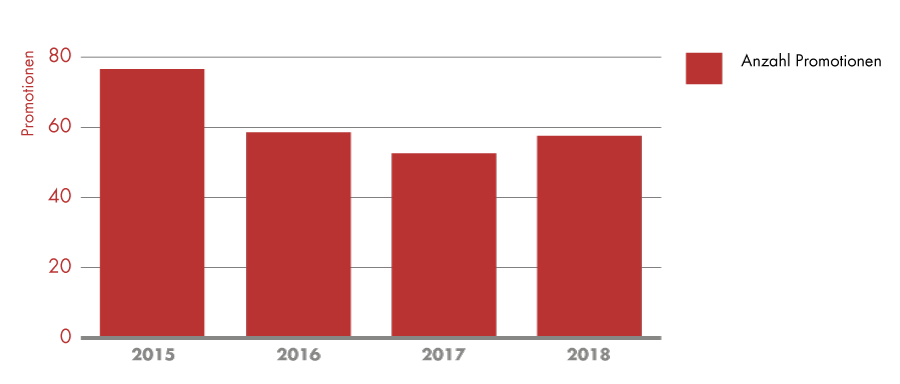The Centre for Biotechnology and Biomedicine attaches great importance to supporting early career researchers. Junior scientists are trained in cutting-edge technologies and methods and qualified for both industrial research and academic excellence.
Back to “Research”
